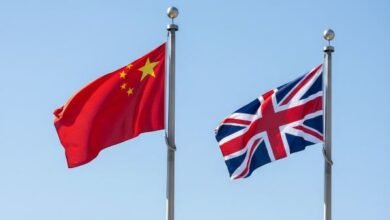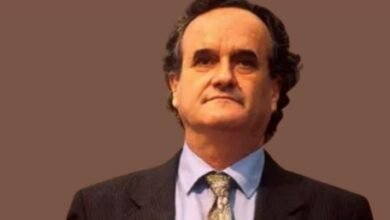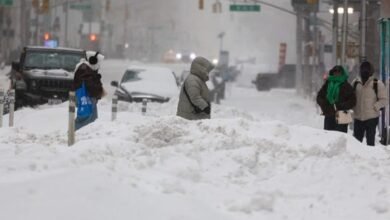
The True Post (Web News)In the face of growing national economic uncertainty and increasing pressure from both domestic industries and international markets, Canada’s provincial and territorial premiers have gathered for a high-stakes emergency summit to debate the country’s future economic strategy. The two-day closed-door meeting, taking place in Winnipeg, is expected to result in pivotal decisions that could reshape Canada’s financial trajectory.
At the heart of the discussion are sharp disagreements over federal fiscal policies, climate-related investments, interprovincial trade barriers, and energy development priorities. While Ottawa pushes forward with its green transition goals, several provinces—especially those rich in natural resources like Alberta and Saskatchewan—have raised strong objections to federal restrictions on oil and gas development, carbon pricing, and clean energy mandates.
Alberta Premier Danielle Smith, speaking to reporters before the summit, stated, “We cannot allow national climate policies to undermine our economic backbone. Alberta’s economy, and the jobs of our people, are directly at stake. We need practical solutions, not ideological experiments.”
Ontario and Quebec, home to large manufacturing bases, have also voiced concerns over rising inflation, federal tax burdens, and limited infrastructure funding, which they claim disproportionately affects provincial autonomy and economic growth.
Meanwhile, premiers from Atlantic Canada have emphasized the urgent need for reforms in equalization payments and federal healthcare funding. “Our communities are suffering from underinvestment,” said Newfoundland and Labrador Premier Andrew Furey. “We need real action from Ottawa, not promises.”
British Columbia’s Premier, David Eby, has advocated for balancing green investments with industrial growth. “We are not against climate action, but it must be economically feasible and inclusive,” he noted, urging a national consensus.
The summit is also expected to address Canada’s weakening productivity indicators, labor shortages, and trade disruptions caused by geopolitical tensions and global supply chain instability. Sources close to the discussions suggest that premiers are pushing for a new national economic pact that reflects regional strengths while fostering collaboration.
Federal Finance Minister Chrystia Freeland has not attended the summit but has issued a statement acknowledging the provinces’ concerns and expressing a willingness to open constructive dialogue in the weeks ahead.
Political analysts say the outcome of this summit could define federal-provincial relations for years to come. “This is more than just a policy dispute. It’s a tug-of-war between economic visions,” says Dr. Martin Desrosiers, a political economist at McGill University. “What happens here could determine whether Canada emerges stronger—or more divided—economically.”




